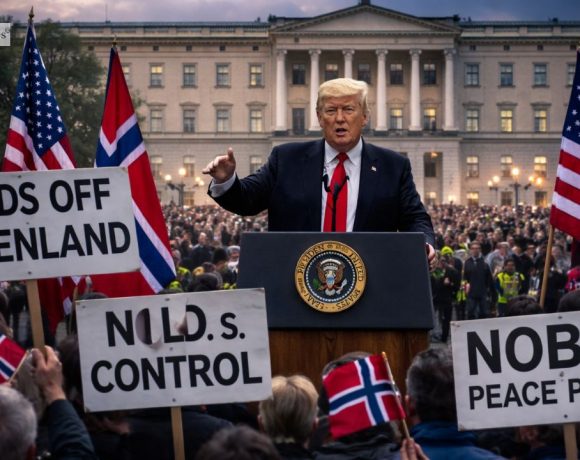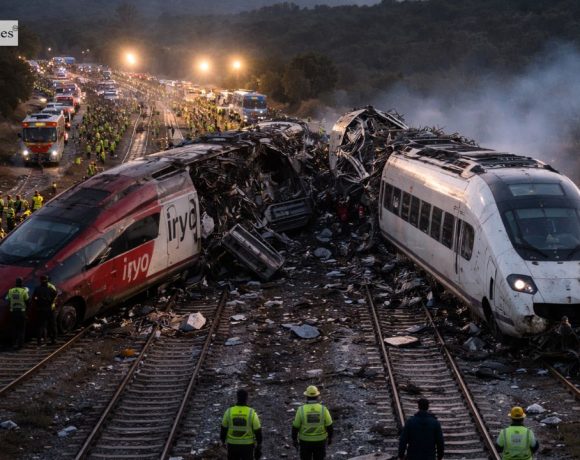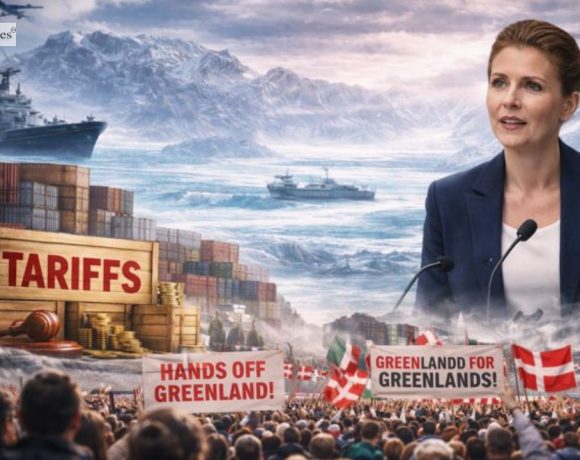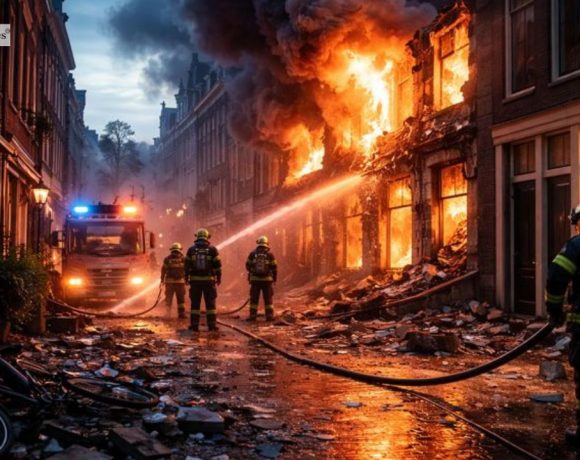
U.S. President Donald Trump told Norway’s prime minister that he no longer feels obliged “to think purely of peace,” citing his failure to win the Nobel Peace Prize, while again pressing his demand for U.S. control of Greenland. The remarks were made in a written response to a message from Norwegian Prime Minister Jonas Gahr Støre and Finnish President Alexander Stubb, who had urged de-escalation and sought talks after Trump threatened tariffs on European allies over the issue.
In his message, Trump complained that Norway had not awarded him the Nobel Peace Prize despite what he described as his role in stopping multiple wars, and said he would instead focus on what is “good and proper” for the United States. Støre responded by reiterating that the Nobel Peace Prize is decided by an independent committee, not the Norwegian government. Trump has openly campaigned for the award, which was last given to Venezuelan opposition leader Maria Corina Machado.
Trump also questioned Denmark’s sovereignty over Greenland, arguing it could not adequately protect the island and disputing its historical claims, despite longstanding treaties and U.S. recognition of Danish authority. He concluded by asserting that U.S. and global security depended on “complete and total control” of Greenland, again linking the issue to NATO burden-sharing and U.S. strategic interests.
Pic courtesy: google/ images are subject to copyright









